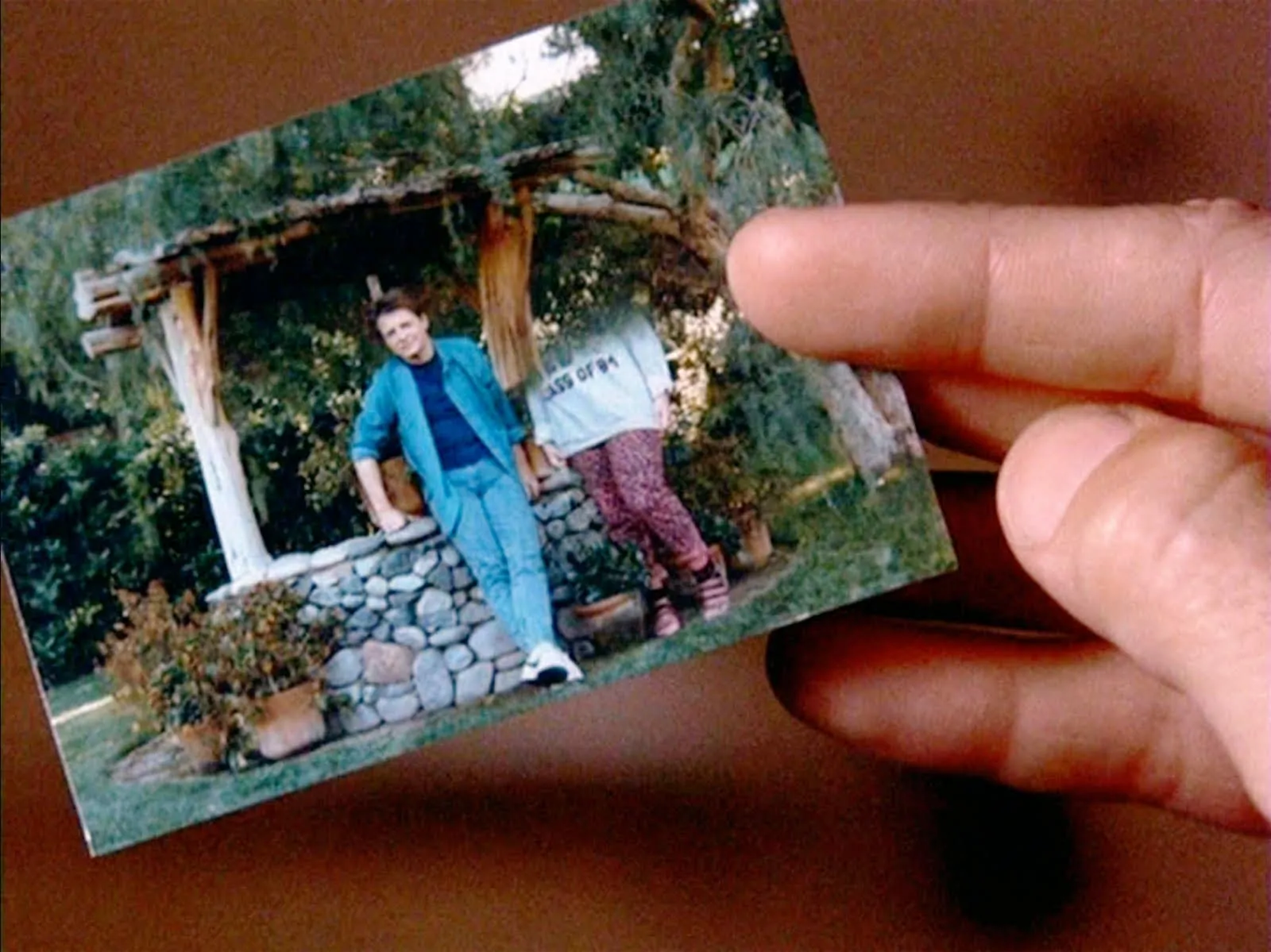Timelines can interact in unexpected ways. When seemingly innocent merges yield unexpected results, we call these situations "mergencies" (merge-emergency).
Mergencies can easily arise in real-world situations! They are by no means limited to esoteric edge-cases. If you use git, you better be aware of this issue.
This post will demonstrate the problem with a simple real-world example.
Suppose that you've worked around a bug in a release branch, and
cherry-picked the work-around in main. Later, after
implementing a proper fix for the bug in main, you've
reverted the work-around, which you no longer want.
Assuming that the work-around and fix do not conflict, what would
happen if you would merge the release branch into main?
Would the work-around still be reverted?
No! The reverted work-around will resurface if you
are on main and git merge the release branch!
(if you are skeptical about this claim, see example
repo for proof)
On the other hand, if you split your merge to several steps, which is often useful for conflict resolution ergonomics, some merge sequences will result with the revert succeeding (demonstrated in example repo).
In such tricky scenarios, at least anything involving reverts, you should verify that the results of the merge or rebase look right.
This situation is real
This post was inspired by a real situation encountered during the development of Pajam (btw, if you want to jam musically with your remote friends, give Pajam a try, it's fun!)
Can tooling solve the problem?
A completely different model: Darcs/Pijul
Theoretically, using Darcs or Pijul, alternative version-control systems with radically different branching models would alledgely solve this problem correctly. But contenders don't have the wide adoption nor probably the maturity of git, so I hadn't had the chance to try them out, so I cannot speak about them from experience.
git-imerge
git-imerge
does successfully yield the correct merge result in our example. But
unfortunately in
other cases it yields incorrect merge results!
A new tool?
I'm considering creating a tool for safer merging. My general idea is that when an intermediate merge would change the merge result, it means that there's a manual decision/resolution required. A large obstacle for creating this tool is picking a name.
If such a tool already exists, please let me know!
Notes
- I learned the term "mergency" from Eyal Lotem
- The header image is from the film Back to the Future. It depicts how things may disappear when merging timelines carelessly.




